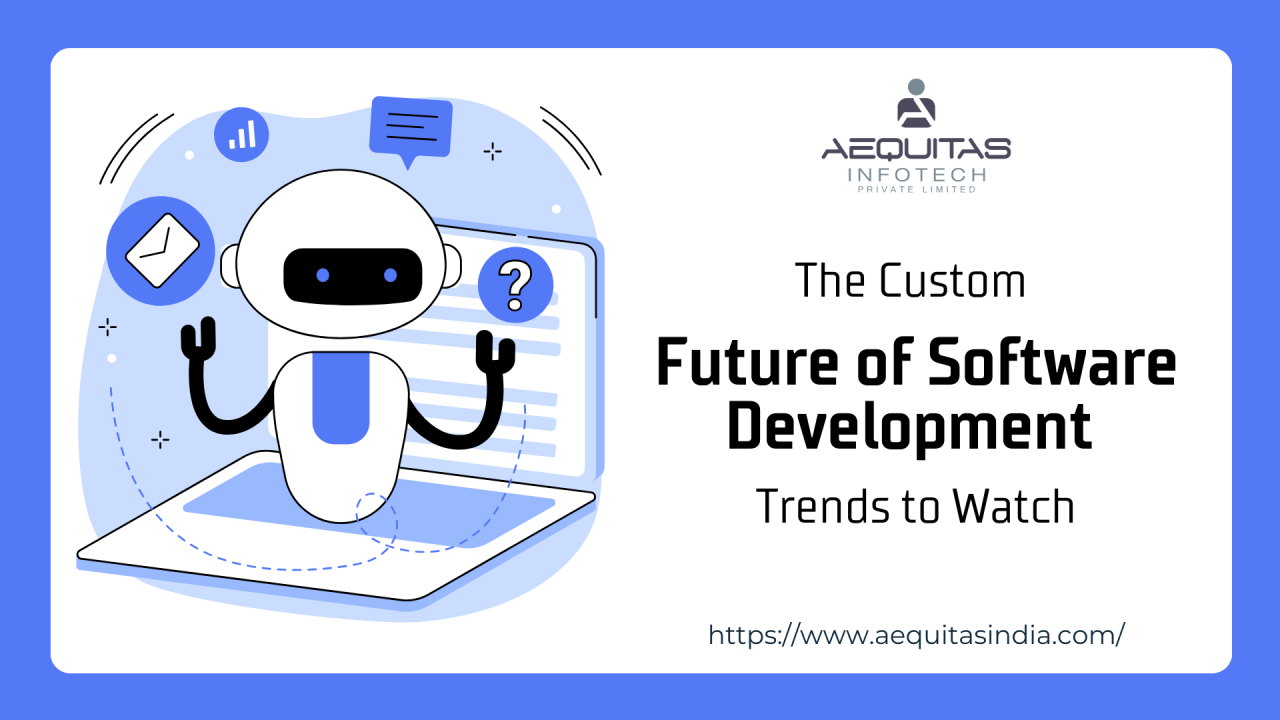
AI and Machine Learning: Transforming Business Operations
In the ever-evolving landscape of technology, artificial Intelligence (AI) and machine learning (ML) have emerged as game-changers. These cutting-edge technologies are revolutionizing the way businesses operate, delivering unprecedented efficiency, accuracy, and insights. Let’s delve into how AI and ML are transforming business operations.
1. Data-Driven Decision Making:
- AI and ML enable businesses to analyze vast datasets swiftly, extracting valuable insights. These insights empower informed, data-driven decision-making, leading to better strategies and outcomes.
2. Predictive Analytics:
- AI and ML algorithms can predict future trends, customer behavior, and market shift. This predictive power aids businesses in proactive planning, reducing risks, and capitalizing on opportunities.
3. Personalization:
- AI-driven personalization enhances customer experiences. Businesses can tailor products, services, and marketing to individual preferences, boosting customer satisfaction and loyalty.
4. Automation:
- Repetitive, time-consuming tasks can be automated with AI and ML. This not only reduces operational costs but also frees up human resources for more creative and strategic endeavors.
5. Supply Chain Optimization:
- AI and ML optimize supply chain operations by forecasting demand, managing inventory, and ensuring timely deliveries. This results in cost saving and improved customer satisfaction.
6. Fraud Detection:
- custom software can be seamlessly integrated with your existing systems and applications, promoting smooth data flow and eliminating the needs for manual data entry.
7. Customer Support:
- Chatbots’ and virtual assistants powered by AI provide 24/7 customer support, resolving inquiries, and issues promptly. This enhances customer services while reducing the workload on supports teams.
8. Natural Language Processing:
- AI’s natural language processing capabilities are transforming content generation, translation, and sentiment analysis. Businesses can reach global audiences with localized, relevant content.
9. Employee Productivity:
- AI tools help employees automate tasks, manage their schedules, and access critical information swiftly. This results in increased productivity and job satisfaction.
10. Quality Control:
-
In manufacturing and quality control, AI and ML can detect defects and deviations with precision. This ensures the production of high-quality goods.
11. Risk Management:
- AI and ML models can assess risks in financial markets, insurance, and leading. They provide insights for making well-informed risk management decisions.
12. Healthcare Advancement:
- AI supports medical diagnoses, drug discovery, and patient care. It improves the accuracy of medical procedures and enhances patient outcomes.
13. Marketing and Advertising:
- AI-driven marketing automation optimizes ad campaigns, targeting, and content. This results in higher conversation rates and cost-efficiency.
14. Energy Efficiency:
-
In the energy sector, AI optimizes power consumption, grid management, and renewable energy integration. This contributes to sustainability and cost reduction.
15. Cybersecurity:
-
AI and ML enhance cybersecurity by identifying and mitigating threats in real-time. They fortify businesses against evolving cyber risks.
As businesses continue to adopt AI and ML, the potential for transformation is limitless. These technologies are reshaping the way organizations operate, creating opportunities for growth, innovation, and competitive advantage. To remain competitive in today’s fast-paced world, businesses must embrace AI and ML as integral components of their operations. The future belongs to those who harness the power of AI and machine learning to redefine business excellence.
